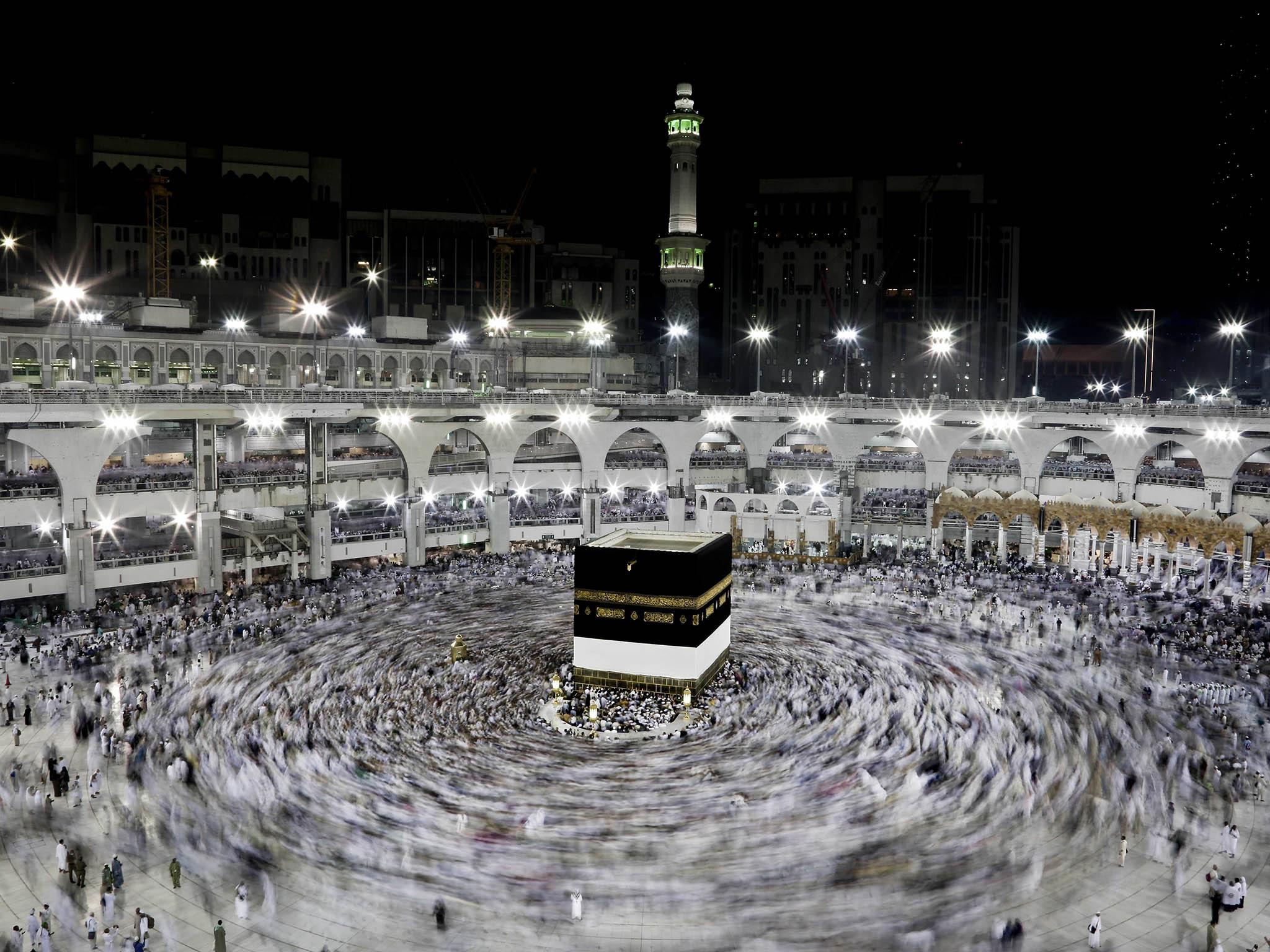Saudi Arabia to increase visa fees for foreign visitors and some Mecca pilgrims
Fees come as the kingdom tries to plug the gap in its finances caused by the slump in the oil price

Your support helps us to tell the story
From reproductive rights to climate change to Big Tech, The Independent is on the ground when the story is developing. Whether it's investigating the financials of Elon Musk's pro-Trump PAC or producing our latest documentary, 'The A Word', which shines a light on the American women fighting for reproductive rights, we know how important it is to parse out the facts from the messaging.
At such a critical moment in US history, we need reporters on the ground. Your donation allows us to keep sending journalists to speak to both sides of the story.
The Independent is trusted by Americans across the entire political spectrum. And unlike many other quality news outlets, we choose not to lock Americans out of our reporting and analysis with paywalls. We believe quality journalism should be available to everyone, paid for by those who can afford it.
Your support makes all the difference.Saudi Arabia will increase charges for visas for people to visit the country in order to complete Islamic pilgrimages.
The ruling Council of Ministers, chaired by Crown Prince Muhammad Bin Naif, announced that anyone applying for a visit to complete the Hajj for a second time will be charged SR2000 (£410) for each visit.
The same fee with apply for people wishing to complete the Umrah, a similar pilgrimage to the holy city of Mecca but one that can be completed at any point in the year, for a second time. A visa for the first visit for Hajj will remain free.
Prices for general visits will increase to SR200 (£41) for a two-month visa and SR300 (£61) for three, the Saudi Gazette reported. The fees will come into force on Sunday.
Every Muslim who is able to is expected to complete the Hajj at least once in their lifetime.
The five-day pilgrimage carried out in the middle of the last month in the Islamic calendar culminates in thousands of pilgrims walking around the Kaaba in Mecca.
Saudi Arabia imposes strict quotas on the number of Muslims who are granted special Hajj visas every year in order to prevent too many people visiting Mecca, and the other holy city Medina, at the same time.
Last year, the Saudi Government was criticised after more than 2,400 people were crushed during a stampede near the holy site of Mina during the Hajj.
Earlier this month Shia-dominated Iran, a bitter rival of the largely Sunni Saudi Arabia, accused the kingdom of deliberately murdering the 400 Iranian victims of the tragedy.
Iran’s supreme leader Ayatollah Ali Khamenei branded Saudi leaders as the “heartless and murderous” in a statement on his website.
The new fees come as Saudi Arabia struggles to fill the holes in its balance sheet as its oil revenue continues to decline.
During a meeting of Opec nations in Algiers on Wednesday, the kingdom and the 11 other members agreed to cut oil production for the first time after their bid to out-compete cheaper US shale gas failed.
Opec has also been hit by the lifting of economic sanctions against Iranian oil.
Oil prices reached a peak of $100 (£77) a barrel in the middle of 2014 but fell as low as $26 (£20) a barrel in February this year.
The country is now frantically reforming its generous welfare system with deputy crown prince Mohammed bin Salman telling Bloomberg in June that his reform programme will aim to raise an extra $100bn (£77bn) in non-oil revenues by 2020.
The extra revenue will come from measures such as introducing VAT, tax on expats and tax on sugary drinks but incomes would remain untaxed.
The move will also coincide with an austerity programme announced in December last year.
Other measures due to be introduced at the same time as the visa charges also include a SR20,000 (£4,110) fine for anyone caught “stunt driving” and identify theft will earn the perpetrator a fine of “not less than SR1,000 and not more than SR2,000”.
Join our commenting forum
Join thought-provoking conversations, follow other Independent readers and see their replies
Comments